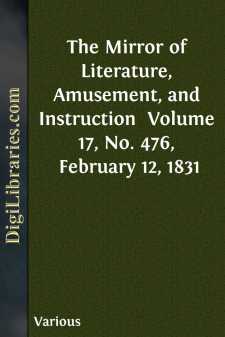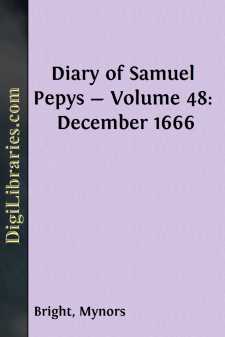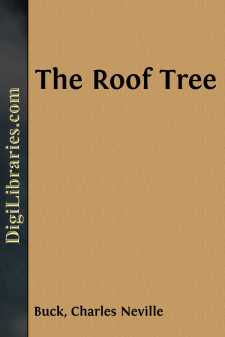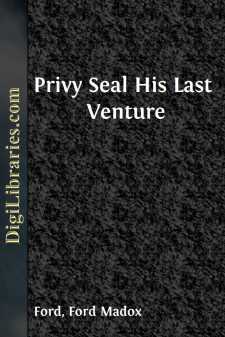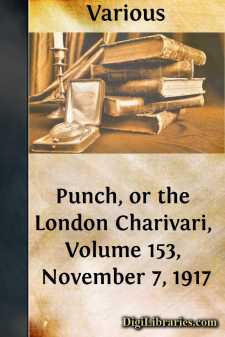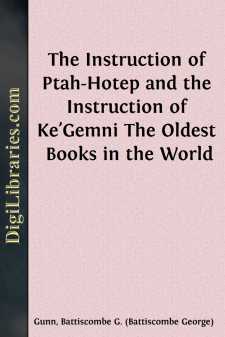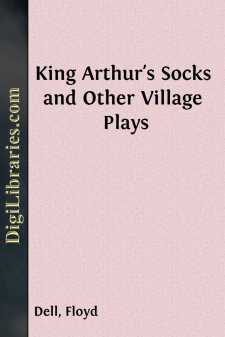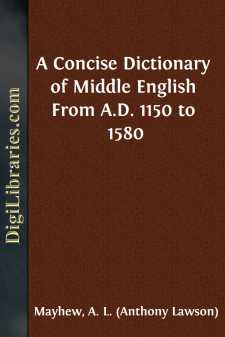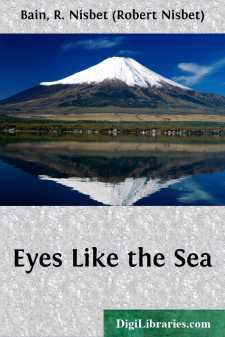Categories
- Antiques & Collectibles 13
- Architecture 36
- Art 48
- Bibles 22
- Biography & Autobiography 813
- Body, Mind & Spirit 142
- Business & Economics 28
- Children's Books 17
- Children's Fiction 14
- Computers 4
- Cooking 94
- Crafts & Hobbies 4
- Drama 346
- Education 46
- Family & Relationships 57
- Fiction 11829
- Games 19
- Gardening 17
- Health & Fitness 34
- History 1377
- House & Home 1
- Humor 147
- Juvenile Fiction 1873
- Juvenile Nonfiction 202
- Language Arts & Disciplines 88
- Law 16
- Literary Collections 686
- Literary Criticism 179
- Mathematics 13
- Medical 41
- Music 40
- Nature 179
- Non-Classifiable 1768
- Performing Arts 7
- Periodicals 1453
- Philosophy 64
- Photography 2
- Poetry 896
- Political Science 203
- Psychology 42
- Reference 154
- Religion 513
- Science 126
- Self-Help 84
- Social Science 81
- Sports & Recreation 34
- Study Aids 3
- Technology & Engineering 59
- Transportation 23
- Travel 463
- True Crime 29
Sort by:
by:
Various
LORD BYRON'S PALACE, AT VENICE.LORD BYRON'S PALACE, AT VENICE.Scores of readers who have been journeying through Mr. Moore's concluding portion of the Life of Lord Byron, will thank us for the annexed Illustration. It presents a view of the palace occupied by Lord Byron during his residence at Venice. When, after his unfortunate marriage, he left England, "in search of that peace of...
more...
by:
Mynors Bright
DIARY OF SAMUEL PEPYS. DECEMBER 1666 December 1st. Up, and to the office, where we sat all the morning. At home to dinner, and then abroad walking to the Old Swan, and in my way I did see a cellar in Tower Streete in a very...
more...
CHAPTER I Between the smoke-darkened walls of the mountain cabin still murmured the last echoes of the pistol's bellowing, and it seemed a voice of everlasting duration to the shock-sickened nerves of those within. First it had thundered with the deafening exaggeration of confined space, then its echo had beaten against the clay-chink wall timbers and rolled upward to the rafters. Now, dwindled to...
more...
by:
Holman Day
CHAPTER ONE—THE TRYING-OUT OF ONE RODNEY PARKER, ASSISTANT ENGINEER All at once the stump-dotted, rocky hillside became clamorous and animated. From the little shacks sheathed with tarred paper, from the sodded huts, from burrows sunk into the hillside men suddenly came popping out with shrill cries. Three men, shouldering surveying instruments, stopped in their tracks on the freshly-heaped soil of a...
more...
by:
Ford Madox Ford
The Magister Udal sat in the room of his inn in Paris, where customarily the King of France lodged such envoys as came at his expense. He had been sent there to Latinise the letters that passed between Sir Thomas Wyatt and the King's Ministers of France, for he was esteemed the most learned man in these islands. He had groaned much at being sent there, for he must leave in England so many...
more...
by:
Various
THE GREAT MAN. What am I doing, Dickie? Well, I'll tell you. I'm one of those subalterns you hear of sometimes. You know the kind of things they do? They look after their men and ask themselves every day in the line (as per printed instructions), "Am I offensive enough?" In trenches they are ever to the fore, bombing, patrolling, raiding, wiring and inspecting gas helmets....
more...
Is there anything whereof it may be said,See, this is new!It hath been already of old time,Which was before us.There is no remembrance of former things;Neither shall there be any remembranceOf things that are to comeWith those that shall come after. In these days, when all things and memories of the past are at length become not only subservient to, but submerged by, the matters and needs of the...
more...
by:
Floyd Dell
THE CHASTE ADVENTURES OF JOSEPH A COMEDY "The Chaste Adventures of Joseph" was first produced at the LiberalClub, New York City, in 1914, with the following cast: Madam Potiphar ……. Louise MurphyAsenath ………….. Marjorie JonesPotiphar …………. Berkeley TobeyJoseph …………… Floyd DellSlave ……………. Maurice Becker A room in Potiphar's house. It is sparingly...
more...
A. A-, prefix (1), adding intensity to the notion of the verb.—AS. á for ar-, ar-, Goth. us-. For the quantity of the á see Sievers, 121. Cf. . A-, prefix (2), standing for A, prep., and for Icel. á; see . A-, prefix (3), standing for Of, prep.; see . A-, prefix (4), standing for AS. and-, against, in return, toward.—AS. and-, ond-, on- (proclitic). Cf. A-, prefix (5), standing for At, prep.,...
more...
PREFACE The pessimistic tone of Continental fiction, and its pronounced preference for minute and morbid analysis, are quite revolutionizing the modern novel. Fiction is ceasing to be a branch of art, and fast becoming, instead, a branch of science. The aim of the novelist, apparently, is to lecture instead of to amuse his readers. Plot, incident, and description are being sacrificed more and more to...
more...


